The Death of Sport

from: mdhslibrary.wordpress.com
Posted by mdhslibrary ⋅
January 10, 2013
Among the many mysterious photographs in MdHS’s collections, two of an elephant stand out as particularly unsettling. Buried in the Subject Vertical File, an artificial collection that was compiled throughout the years, in the Photographs and Prints room is a folder labeled “Animals–Elephant–1898–Hanging.” In this folder rests two tattered and faded turn-of-the-century prints of an elephant being hanged. (They’re pretty disturbing, so we’ve saved the more disturbing of the two for the end of this post. Scroll to the bottom at your own discretion.) We’ve long wondered what the two photographs could possibly represent. Who would hang an elephant? Why hang an elephant as a public spectacle? And what would the Humane Society, which had been operating in the United States since 1866, have to say about this?

from: mdhslibrary.wordpress.com
Posted by mdhslibrary ⋅
January 10, 2013
Among the many mysterious photographs in MdHS’s collections, two of an elephant stand out as particularly unsettling. Buried in the Subject Vertical File, an artificial collection that was compiled throughout the years, in the Photographs and Prints room is a folder labeled “Animals–Elephant–1898–Hanging.” In this folder rests two tattered and faded turn-of-the-century prints of an elephant being hanged. (They’re pretty disturbing, so we’ve saved the more disturbing of the two for the end of this post. Scroll to the bottom at your own discretion.) We’ve long wondered what the two photographs could possibly represent. Who would hang an elephant? Why hang an elephant as a public spectacle? And what would the Humane Society, which had been operating in the United States since 1866, have to say about this?

CAPTAIN BOSTOCK
One persistent rumor floating around the library
goes that the elephant was hanged to death as punishment for killing or harming
a handler. Noted skeptic H.L. Mencken, then a rookie journalist writing for
The Baltimore Herald, covered the event, which as it turns out actually
took place on June 7, 1900.* Mencken unfortunately adds to our confusion in his
memoir, Newspaper Days 1899-1906, where he wrote offhandedly about the
episode in a passage on the tenacity of press agents:
“The [incident] I remember best was the hanging of a rogue elephant, for I was assigned to cover it. This elephant, we were informed, had become so ornery that he could be endured no longer, and it was necessary to put him to death. Ordinarily he would be shot, but Bostock [the elephant's owner and well-known animal showman], as a patriotic and law-abiding Englishman, preferred hanging, and would serve as the executioner himself.” (Newspaper Days 1899-1906 [1941] 33-34.)
Part of the confusion can
be explained by the fact that, as disturbing as it sounds, there were actual
punitive elephant executions in the early twentieth century. Topsy the elephant
was electrocuted to death in 1903 for allegedly killing three men—one of them a
severely abusive trainer who reportedly fed him a lit cigarette. Thomas Edison
even filmed Topsy’s
gruesome execution for posterity. The fact that electricity and moving
pictures were relatively new and novel inventions can only partially explain why
Edison would have filmed this horror. In 1916 Mary the elephant was hanged for
allegedly killing her trainer. The heavily doctored photo evidence of this murder pales in
comparison to the photos of poor Sport.
READ MORE AT:











































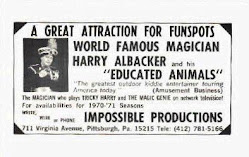

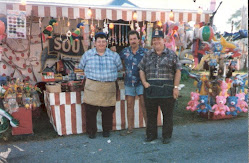





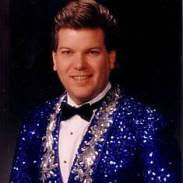




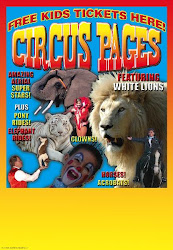

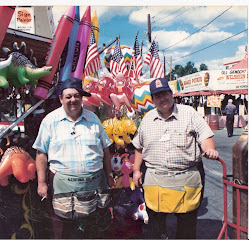
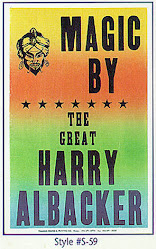















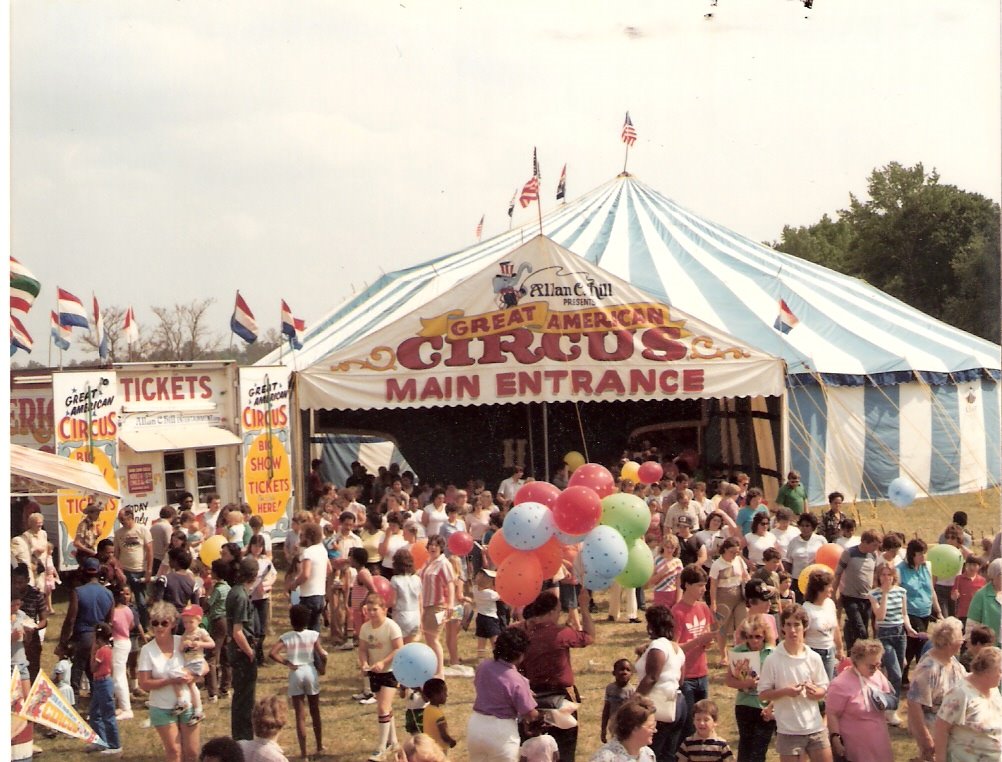









No comments:
Post a Comment